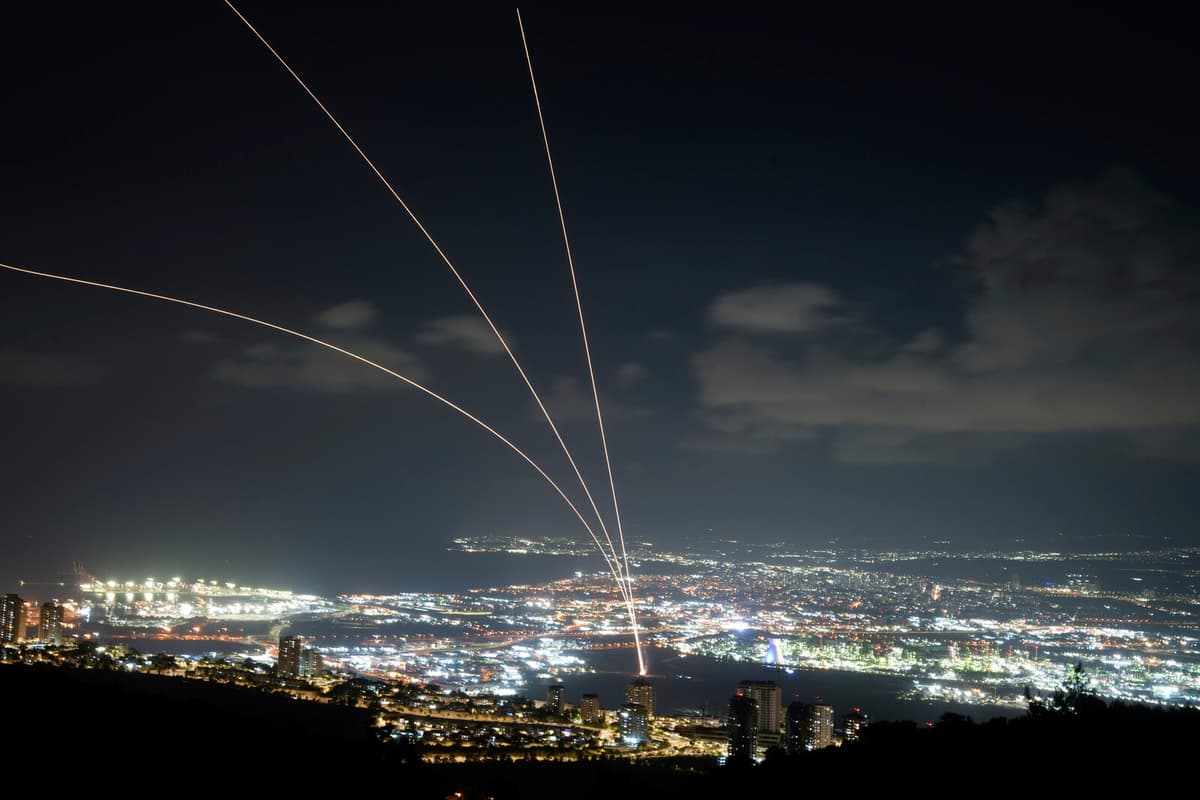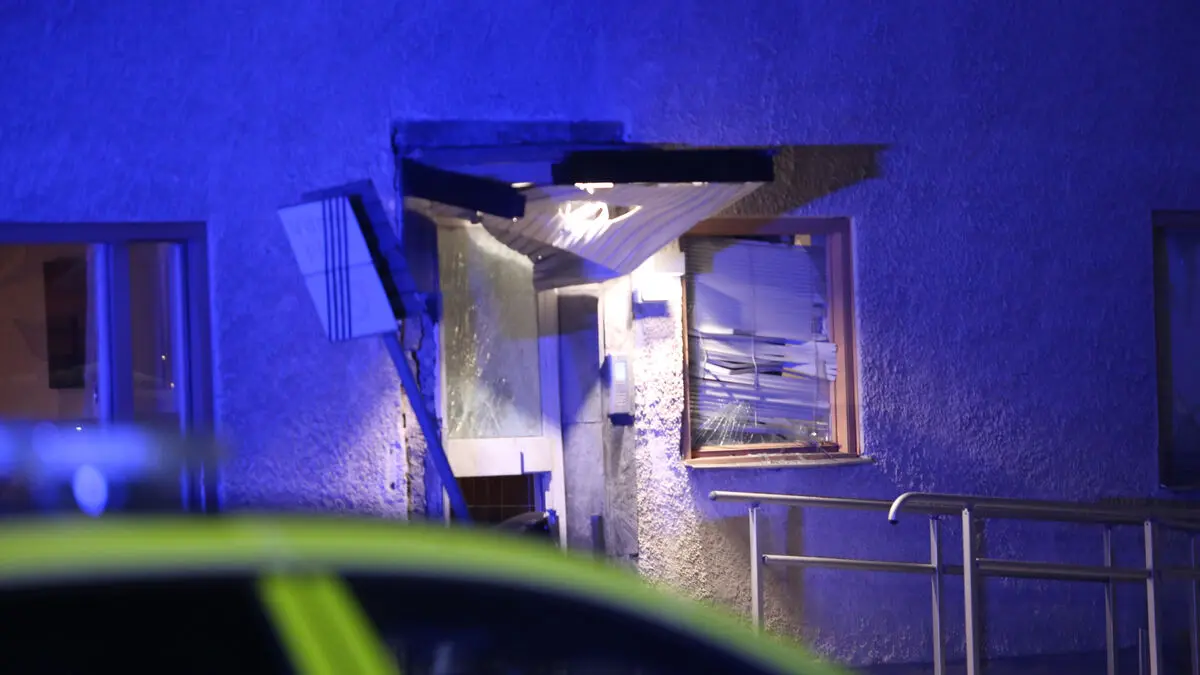That it was actually a shock has also been acknowledged in principle by Hizbollah's leader Hassan Nasrallah. First, the attacks via personsökare and walkie-talkies, which surprised the whole world and are generally seen as Israel's doing. And then massive air strikes against Lebanon, which this week may have cost more than half the number of lives lost during the entire devastating war in 2006.
But how much closer is Israel to its goals? Perhaps the most important domestic political issue is that 60,000 Israelis in the northern border areas, who were evacuated due to previous hostilities, should be able to return home. And that is not even on the map at present, according to many assessors.
"Worst week"
"No one, inside or outside the defense establishment, has any idea how these brilliant operational successes will be translated into political gain, into a real victory that stops the war in the north," writes columnist Nadav Eyal in Yediot Ahronot, Israel's largest newspaper.
"As long as Hizbollah retains its firepower, the northern border will not return to normal."
Israel's Defense Minister Yoav Gallant claims that this firepower has now been significantly curbed.
This is Hizbollah's worst week since its founding, he said the other day.
Blows have been dealt to the command, to the terrorists on several levels, to their firepower and to their morale.
"Only a fraction"
On the other hand, Israel estimated around the 2006 war that the extremist Islamist movement had around 12,000 projectiles of various kinds. The same estimate this year has risen to 150,000 – and many of the rockets and drones are newer, larger, and more advanced than before. Via land routes through Syria, the group's powerful ally Iran has been able to deliver fairly unhindered over the years.
No one believes that Israel has managed to hit any significant parts of this arsenal.
Hizbollah has only used a fraction of its capabilities, says Qassim Qassir, a former member of the movement, now a writer who has published a book on its development from the 80s to the present.
Compare with Vietnam
So even if the Islamists are now under pressure, time may be working for them. The 2006 war can be said to have ended "inconclusively", but since then Hizbollah has been able to ignore many of the previous demands. The ceasefire agreement stipulated, among other things, that the movement would be disarmed, and that the border area – all south of the Litani River – would be demilitarized. Instead, Hizbollah is now believed to be more ready than ever on its home turf if Israel were to dare a new ground invasion.
Regarding the prospects for such an invasion, Daniel Byman at the think tank CSIS in Washington tells The Wall Street Journal:
It would be like saying to the US in 1980: "We're going back into Vietnam again".






